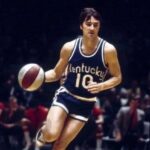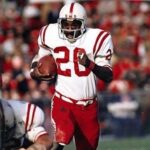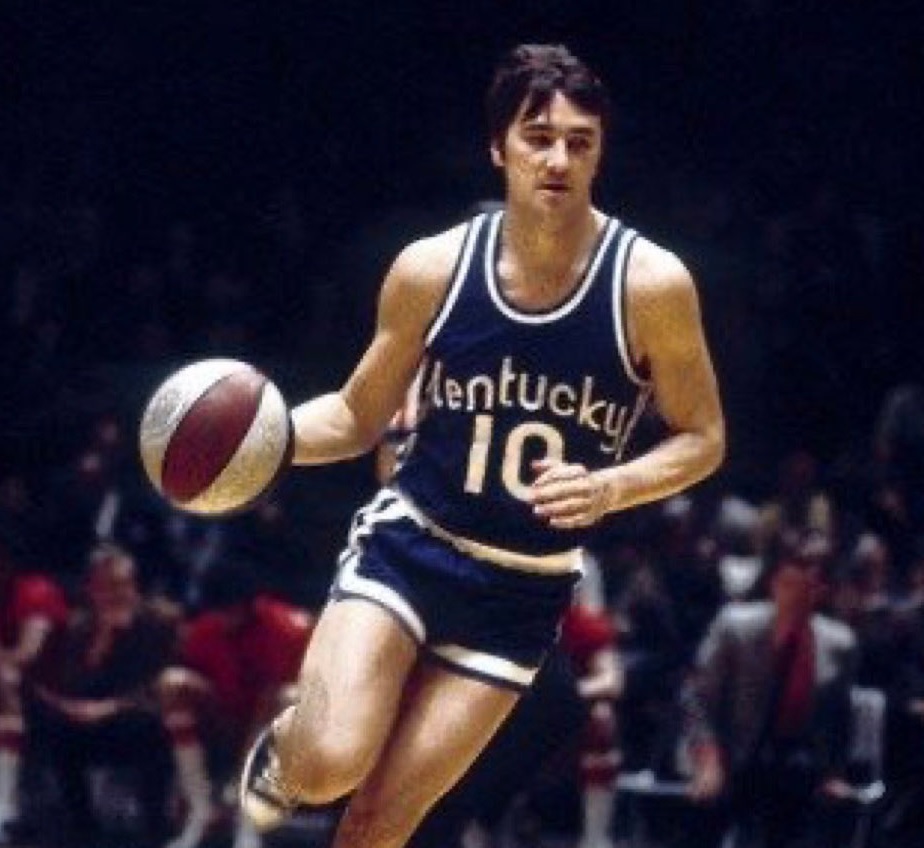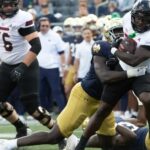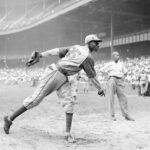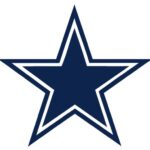Tim Tebow is the Greatest Quarterback in the History of the NFL!
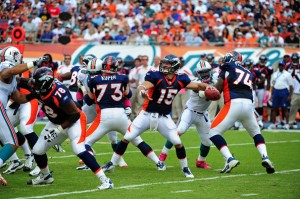
In his first start of the season Tim Tebow led the Denver Broncos to victory over the Miami Dolphins.
Okay, perhaps that headline is a bit premature given that Tim Tebow just made his first start of the 2011 season and fourth of his career, but since so many NFL “experts” have been lining up since before he had even played an NFL game to predict that he would be a bust, it almost seems appropriate after his fourth quarter performance in Denver’s overtime victory in Miami to proclaim him as an all-time great.
The reality is that we don’t yet know whether Tim Tebow will be a great NFL quarterback, but it is up to Tebow and the Denver Broncos to find out and not former players or others who are quick to judge without giving him a chance.
Denver Head Coach Mike Fox is giving Tebow a chance and after looking like a young quarterback making only his fourth NFL start early on, Tebow did what he has done best throughout his career, he made the big plays when needed down the stretch to lead his team to victory.
Critics of the second year quarterback will be quick to point to the first half where he passed for only 24 years and Denver was held scoreless, but it should be noted that kicker Matt Prater missed a pair of makeable field goals (40 and 43 yards) that would have matched the first half point total for the Dolphins and ultimately may have kept Denver from needing overtime to win the game.
For some reason, many former players that are now earning their living analyzing the game have been unwilling to give Tim Tebow time to develop as an NFL quarterback. I find it ironic considering that many of them needed time themselves before they enjoyed NFL success.
One of the most vocal critics of Tebow has been former Pittsburgh and Chicago running back Merril Hoge. He has regularly said that Tebow will never be an NFL star and in the preseason was even quoted as saying that it would be “embarrassing to think that the Broncos with Tebow could win.”
Given how his career began, Hoge should be really glad that Chuck Noll didn’t come to similar conclusions about him without giving him a chance to show his stuff.
What Kind of Career Will Tim Tebow Have in the NFL?
- Tebow will start for a few years, but never be a star (33%, 33 Votes)
- Tebow will have a long career as a spot starter and backup (24%, 24 Votes)
- Tebow will become an all-time great (20%, 20 Votes)
- Tebow will be out of the NFL in three years or less (14%, 14 Votes)
- Tebow will be moved to another position before his career is over (10%, 10 Votes)
Total Voters: 101
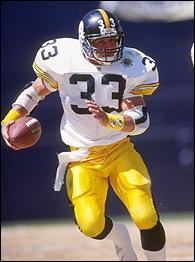
Merril Hoge rushed for eight yards during his rookie season in the NFL, but has been a vocal critic of Tim Tebow.
A tenth round pick in the 1987 draft from Idaho State, Hoge gained eight yards on three carries during his first year while also catching seven passes. While it is difficult to compare the play of a quarterback with a running back, those numbers are significantly worse than the 654 yards passing, five touchdown passes (with three interceptions) and 227 rushing yards (with six touchdowns) that Tebow posted during sporadic play as a rookie.
Hoge became a starter at fullback the next season and rushed for 3,139 yards during his seven year career. He certainly will never receive a bust in the Pro Football Hall of Fame, but Hoge did end up having a solid career.
Unlike Hoge, Tim Tebow was well known when he entered the NFL and that has been part of his problem. During four collegiate seasons (which included a pair of NCAA Championships), there was more than enough opportunities to analyze Tebow’s ability and dissect his every move.
Few will argue that he was one of the best college players of all-time, but those same folks seem to be almost offended by the thought that a quarterback that isn’t a conventional drop-back passer and doesn’t have an overpowering arm could be successful in the NFL.
Had the same mentality been used in past generations, then it is very likely that all-time greats including Roger Staubach, Fran Tarkenton, Joe Montana and Steve Young would never have been given a chance to earn their places in the Hall of Fame.
The same could be said for a number of players who didn’t have great starts to their careers, but eventually became all-time greats. For example, it took four seasons before O.J. Simpson rushed for 1,000 yards in a season and Michael Irvin had only 78 catches during his first three seasons.
Another who falls into that category is former Pittsburgh Steelers quarterback Terry Bradshaw. Though not as well known out of college as Tebow, Bradshaw was chosen by the Pittsburgh Steelers with the first pick in the 1970 draft out of Louisiana Tech.
During his first five seasons in the NFL, Bradshaw completed over 50% of his passes in a season only once and threw 81 interceptions compared to only 58 touchdown passes.
In fact, the Steelers tried several times to replace Bradshaw with John Gilliam and Terry Hanratty, but eventually Bradshaw proved that he had what it took to be a winning quarterback and led the Steelers to four Super Bowl titles.
If you forget about the championships and look simply at the numbers, you can argue that Bradshaw was never a great NFL quarterback. For his career, he completed 51.9 percent of his passes with 212 career touchdowns while being intercepted 210 times. However, in the big games, the two-time Super Bowl MVP had what it took to lead his team to victory.
Now it remains to be seen if the Broncos can build the type of supporting cast that can make the Broncos a championship team, but it seems apparent that while Tebow may not have some of the physical tools of a typical NFL quarterback, he does possess some of the intangibles needed to be a winning quarterback.
After looking very pedestrian for three quarters against the winless Dolphins, Tebow finally lifted his game up a notch when it was absolutely needed. Trailing 15-0 with slightly more than five minutes remaining in the contest, Tebow took Denver on an 80-yard drive during which he completed four passes for 71 yards, including a 42-yard completion and five-yard touchdown pass.
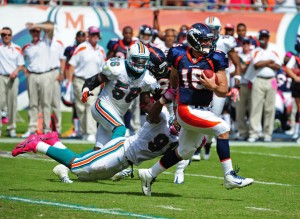
Against the Dolphins, Tebow rushed for 65 yards and a two-point conversion in addition to his 161 yards and two touchdowns passing.
Following a successful onside kick, Tebow then completed five of eight passes for 50 yards and another touchdown. Then with the game on the line, he made a play that most quarterbacks couldn’t make as he followed blockers along the right side to score the game-tying two-point conversion.
That Denver won in overtime had more to do with the Denver defense than it did with Tebow, but it seemed to be a fitting end to the day for Tebow and the Broncos.
He may never put up the same type of statistics as a Tom Brady, Aaron Rodgers or Drew Brees, but that doesn’t mean that if the Broncos can devise an offense that fits his talent that Tebow can’t be a long-term star and winning quarterback in the NFL.
Both of Denver’s touchdowns came once the Broncos went to the no-huddle offense. It may be that Denver follows the path of the Boomer Esiason Bengals and the Jim Kelly Bills by using a slightly unconventional offense to stymie their opposition. It certainly helped both of those teams post success and made Esiason and Kelly among the best quarterbacks of their era.
One game doesn’t mean that Tim Tebow will be an all-time great, but when he has a bad game it won’t automatically mean that he can’t be an NFL quarterback. It will take time for Tebow and the Broncos to determine whether he can indeed be their long-term solution at quarterback.
Thankfully, the decision will be made on the field and not by some NFL old-timer sitting in a TV studio.

